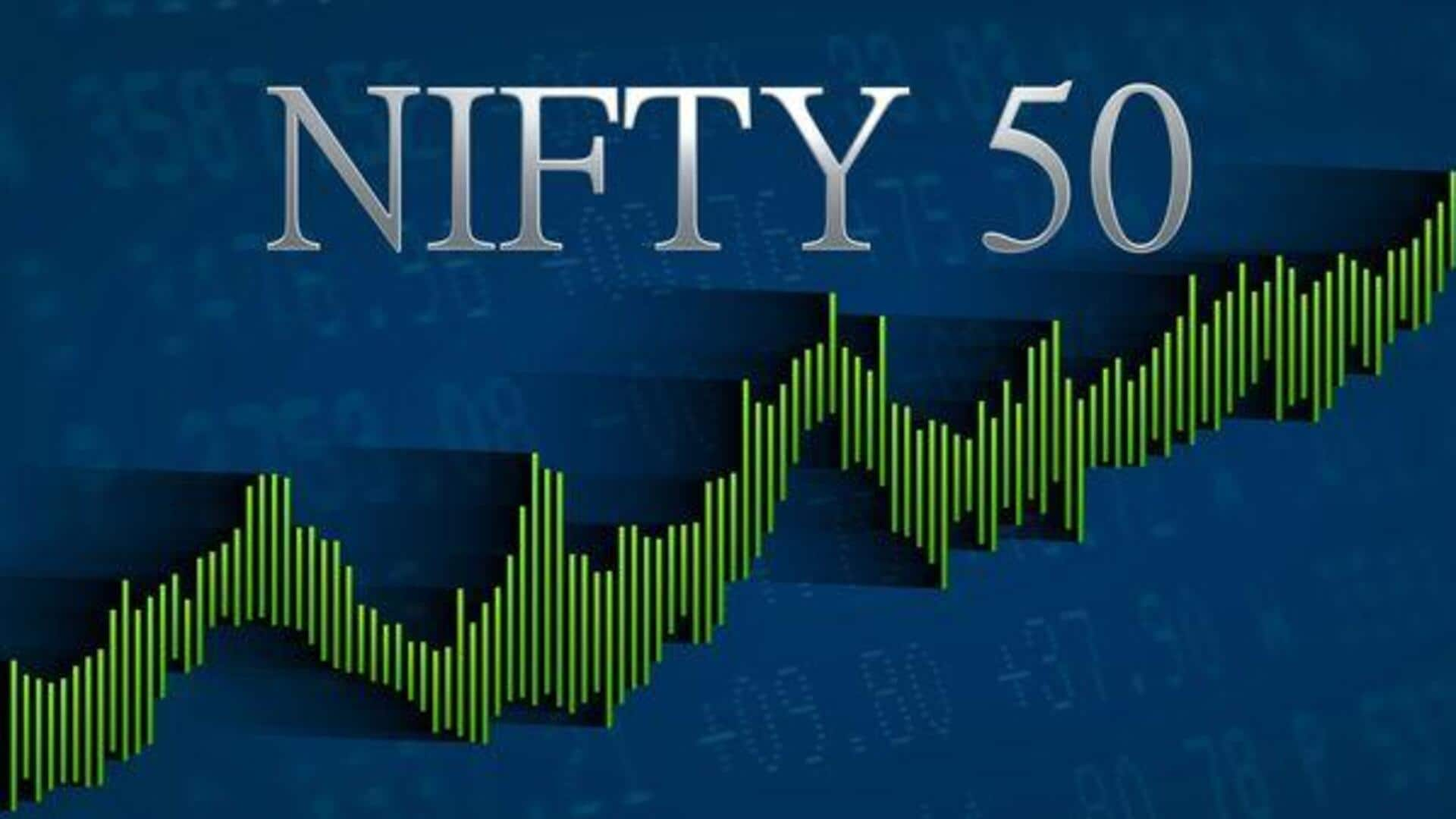
India's oldest index fund turns 25 this March
What's the story
India's first-ever Nifty 50 index fund, the UTI Nifty Index Fund, has completed a quarter-century since its launch in March 2000. Over the years, it has given a return of 11.51%.
This translates to an initial investment of ₹10 lakh now being worth around ₹1.5 crore today.
However, it's worth noting that active large-cap funds have beaten the index fund over the same period with an average return of 12.39%.
Performance shift
UTI Nifty Index Fund outshines in last decade
Over the last decade, the UTI Nifty Index Fund has shown strong performance. It gave a return of 10.54%, exceeding the large-cap category average of 10.33%.
The fund also beat the UTI Large Cap Fund, which gave a return of just 9.77% in this period.
Over the last five years, it remained resilient with a return of 15.56%, albeit slightly lower than the large-cap category average of 16.11%.
Regulatory effect
SEBI's categorization norms and expense ratios impact performance
The Securities and Exchange Board of India (SEBI) had introduced categorization norms in 2017, which greatly impacted large-cap funds' performance.
Prior to these rules, many actively managed large-cap funds used to generate alpha by heavily investing in mid- and small-cap stocks.
The stricter stock selection mandates have now made passive investing more appealing.
UTI Nifty Index Fund has also maintained a low expense ratio, with the regular plan at 0.25% and direct plan at 0.17%.
Investor growth
UTI Nifty Index Fund attracts 8.5 lakh investors
The UTI Nifty Index Fund has witnessed tremendous growth in investor participation over the years, with 850,000 investors currently.
However, only 2,700 have stayed invested since the beginning, underscoring the difficulties of long-term wealth creation.
Vetri Subramaniam, Chief Investment Officer at UTI Mutual Fund stressed on the simplicity and reliability of index investing for meeting financial goals.
He compared it to a vehicle that fulfills every need on a financial journey for investors.